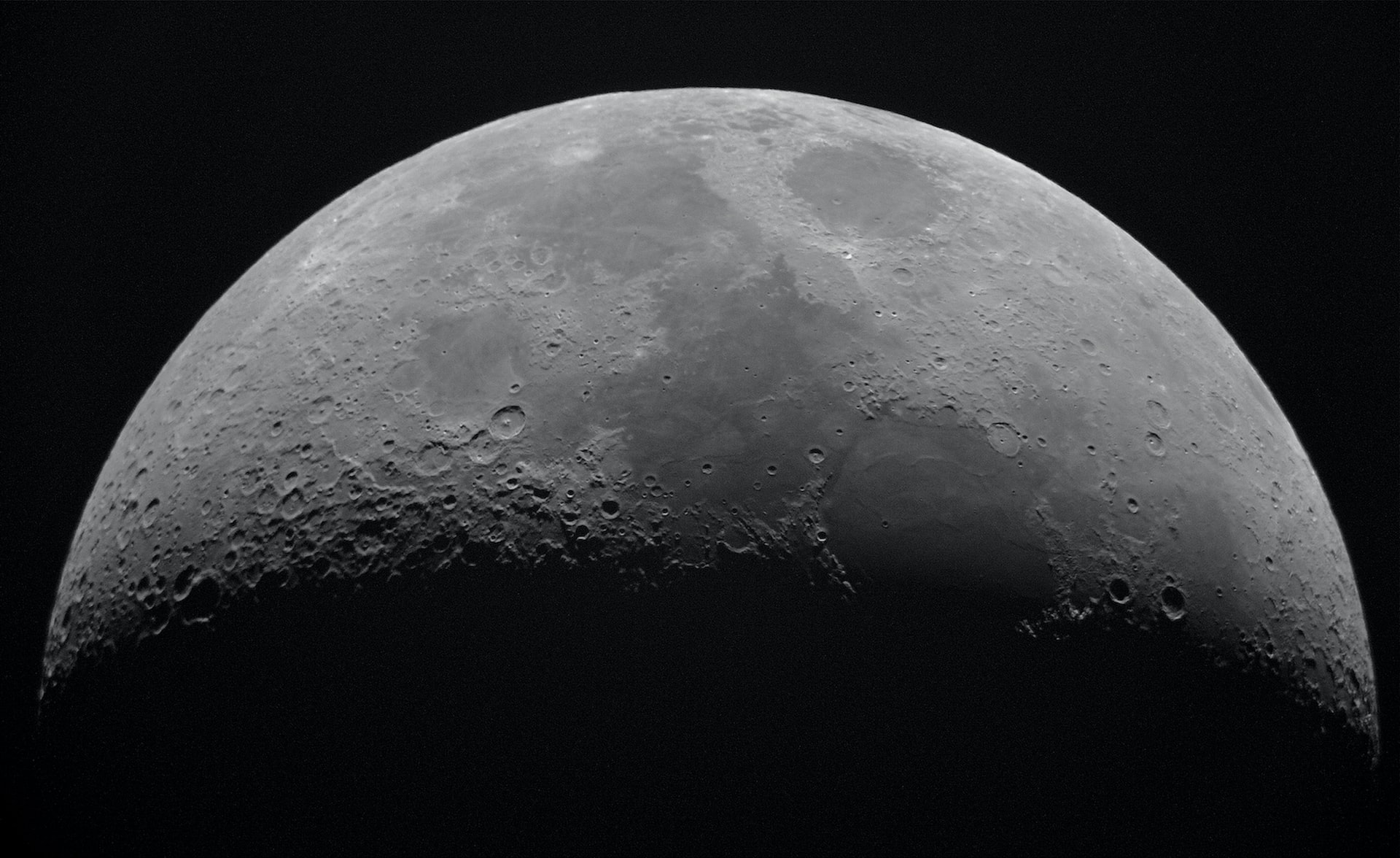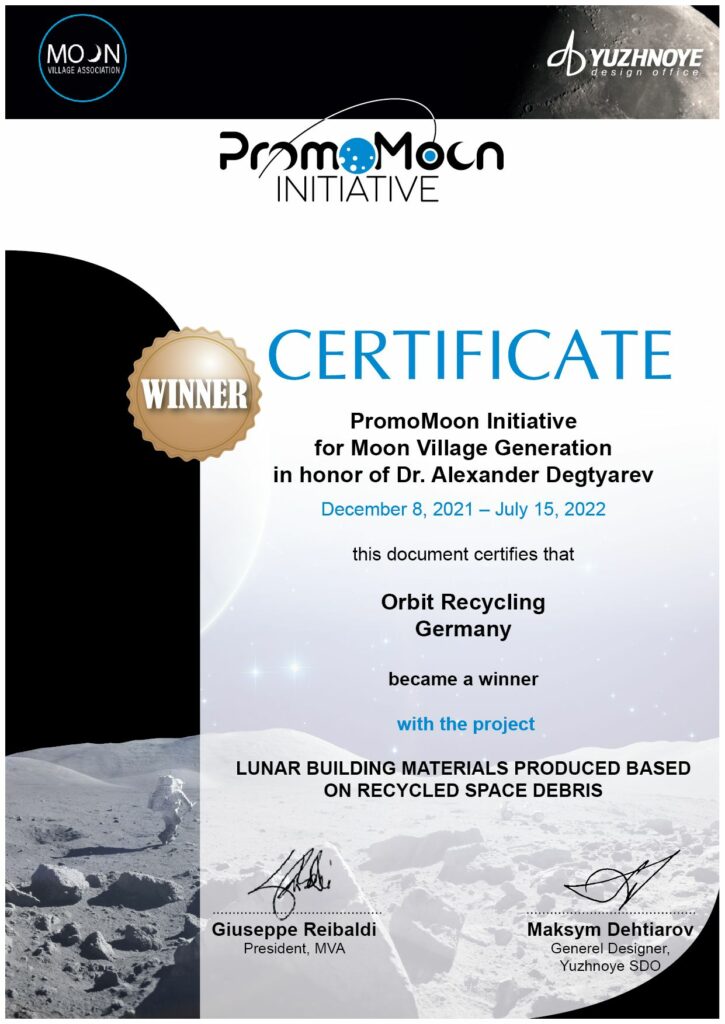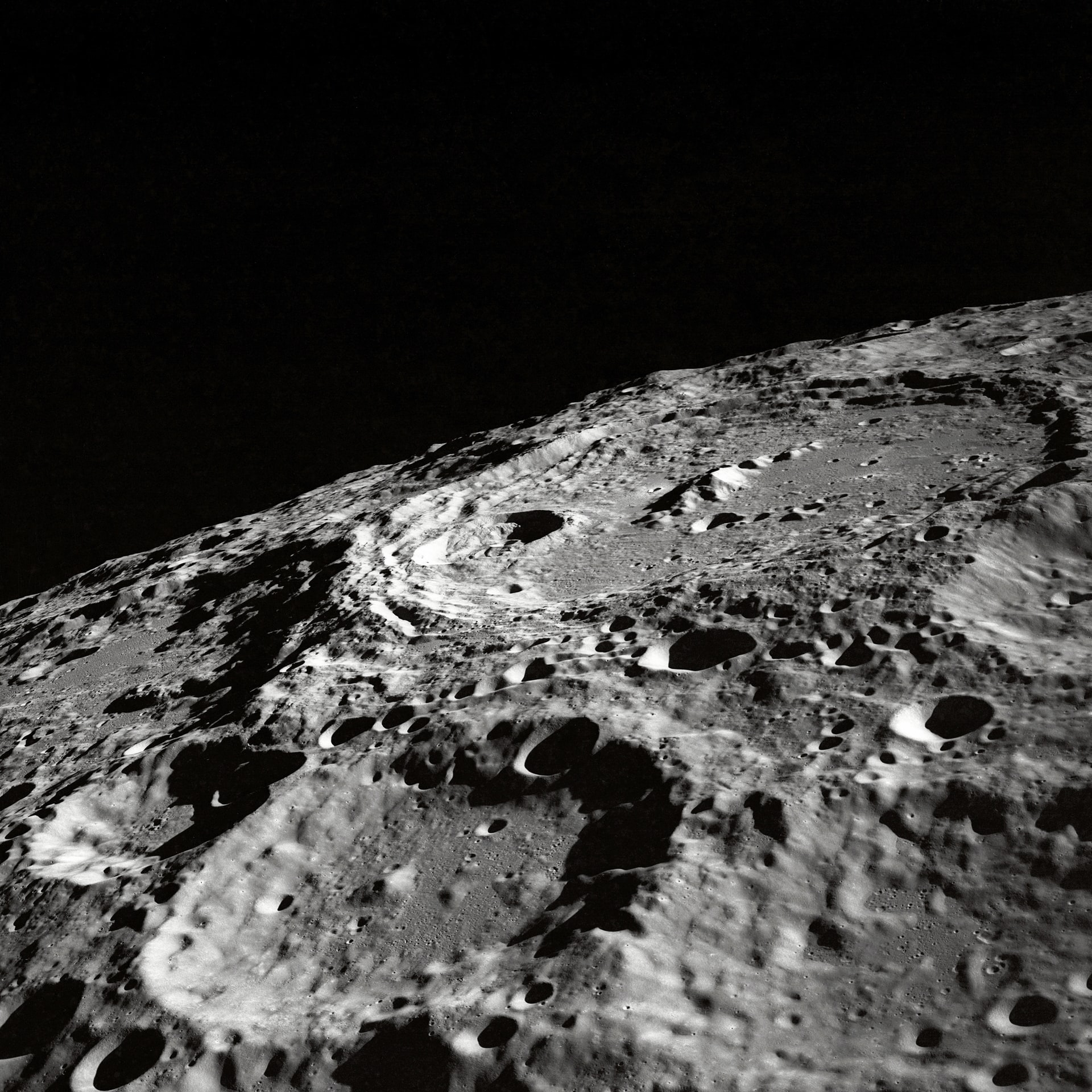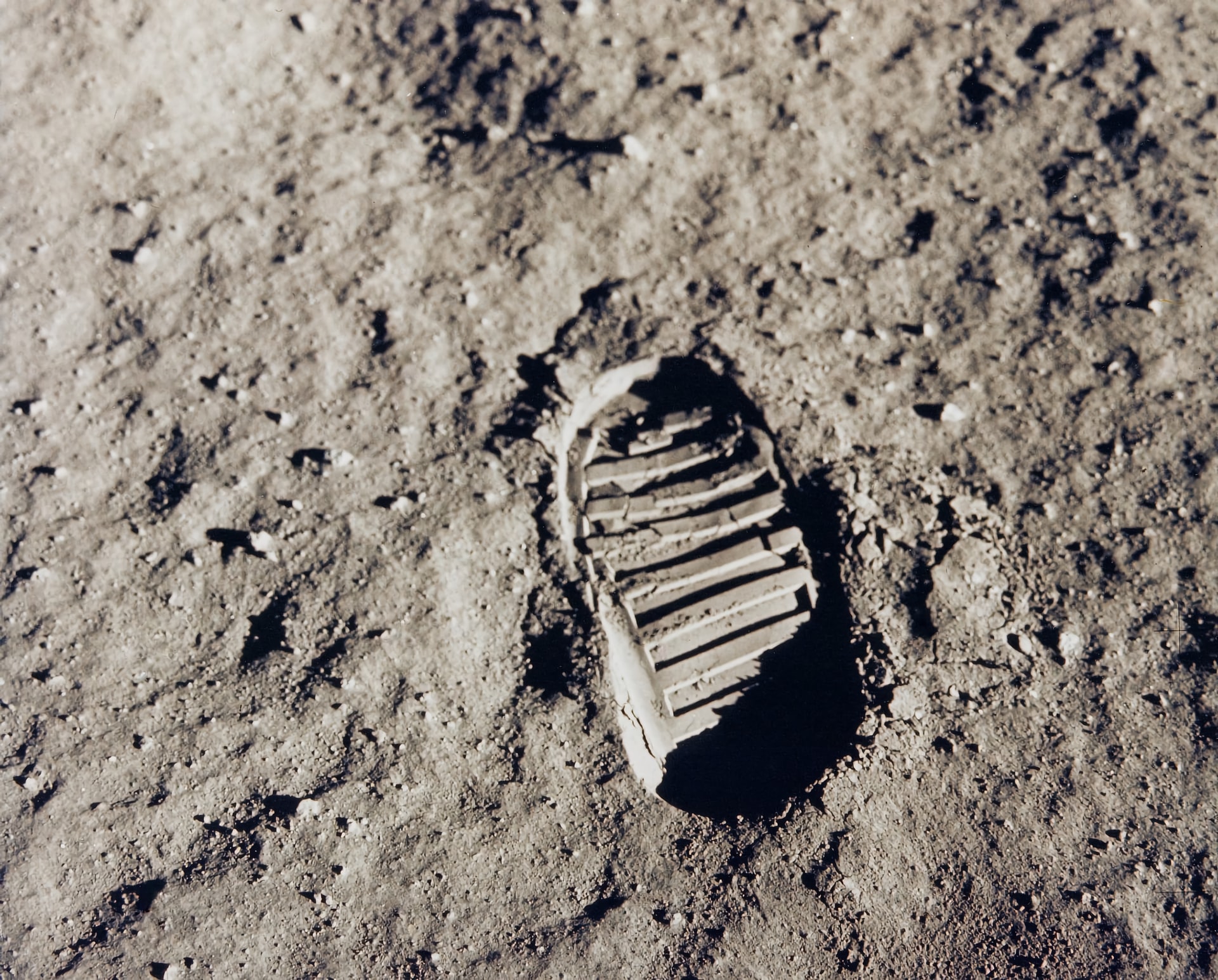
Orbit Recycling named winner of PromoMoon initiative
Published on Sun, 10.07.2022 – 10:49 CEST in Awards, covering Orbit RecyclingMoon Village Association and Yuzhnoye launched ideas competition
Orbit Recycling named as one of three winners
Free B2B consulting and presence at IAC 2022 in Paris
The Moon Village Association (MVA), in collaboration with Ukraine's leading space company - the Yuzhnoye State Design Bureau - launched the PromoMoon initiative. The goal was to encourage the development of ideas for future sustainable lunar activities and provide an opportunity to increase the level of technical maturity. Now Orbit Recycling has been announced as one of three winners.
According to a corresponding announcement, a total of 15 proposals were received from teams of individuals and startups from 10 different countries. They presented their ideas, concepts and solutions for lunar technologies in various categories
- Transportation to and from the moon
- Transport on the lunar surface
- Energy and power on the moon
- Infrastructure, construction and manufacturing on the moon
- Others
In addition to Spira Inc. (USA) and VEPS (Germany), Orbit Recycling is also among the winners. This means that Frank Koch, the founder and CEO of the Berlin-based startup, can look forward to free B2B consulting from experts in lunar technologies. In addition, all winners will have the opportunity to present their projects at the International Astronautical Congress IAC, which will take place in Paris in September 2022.
Moon base from space debris
As recently as October 2021, Frank Koch presented a more than 150-page study on how space debris can be used in a practical way. His idea aims to transport materials in orbit, such as payload fairings or rocket upper stages, to the moon. There, they are to crash onto the surface in a controlled manner and be finally recycled. For this purpose, negative molds are to be stamped into the lunar dust, into which molten materials such as aluminum are then filled. According to Orbit Recycling, this would make it possible to produce the first infrastructures for future lunar missions at significantly lower cost and with manageable effort. Initial tests of this technology with regolith (lunar dust) have already been carried out and are promising.


